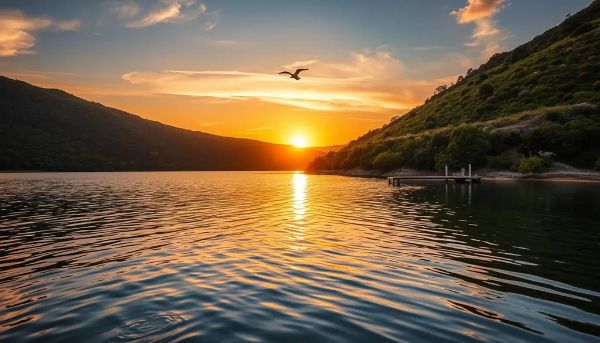African leaders: No climate justice without youth, women
Youth and women are poised to play a pivotal role in shaping Africa’s climate diplomacy, following a landmark resolution adopted by the African Group of Negotiators (AGN) during its strategic meeting in Zanzibar in April 2025.
Recognising both their vulnerability and potential, the AGN pledged to ensure these groups’ effective involvement in climate talks, policy decisions, and implementation at all levels.
The AGN stated that women and youth are not just climate victims—they are key drivers of transformative climate action.
This shift reflects a growing recognition that the continent’s long-term climate resilience depends on intergenerational equity and gender-responsive governance.
Therefore, the AGN endorsed the integration of youth and gender perspectives into technical working groups, national delegations, and capacity-building initiatives.
Following the endorsement, African governments and development partners have been called on to invest in leadership programmes that equip youth and women with the required skills to contribute effectively to climate governance.
A notable example is the Tanzania Youth Climate Action Group, which has launched a training centre to prepare young Africans for roles in international climate negotiations.
This development aligns with broader strategic goals, including the African Union’s Agenda 2063 and the United Nations’ 2030 Agenda for Sustainable Development.
Inclusion of youth and gender perspectives has become a central tenet of the continent’s climate strategy as Africa prepares for COP30 in Brazil.
Delegates warned that sidelining these groups could undermine the continent’s credibility and weaken its response to the growing threats posed by climate change.
In its resolutions, the AGN further emphasised that empowering women and youth was essential to achieving the continent’s Nationally Determined Contributions (NDCs) and implementing robust adaptation strategies.
Women, who are often primary users and managers of natural resources, play a critical role in efforts to transition to clean cooking solutions and expand access to sustainable energy.
Meanwhile, young people are viewed as innovation catalysts capable of injecting new energy and ideas into climate policy and negotiations.

The Zanzibar meeting underscored that youth and women's empowerment is not symbolic but a strategic imperative.
Inclusive leadership remains vital to shaping bold, African-owned climate solutions, as Africa advocates for fair climate finance, technology access, and a just energy transition.
With political will now formally expressed, attention is shifting to implementation.
For Africa to lead on global climate justice, those on the frontlines—particularly women and young people—must be equipped and empowered to act.
President Samia Suluhu Hassan reinforced this message during the launch of the Africa Women Clean Cooking Support Programme at COP28.
“Improving access to clean cooking is not just about health and the environment—it’s about dignity and opportunity for millions of African women,” she said.
Africa is home to the world’s youngest population, with nearly 60 percent of its citizens under 25 years old.
Historically, however, young voices have been underrepresented in policymaking, a trend that is strongly being challenged.
“Young people must be recognised not just as stakeholders but as co-creators of climate solutions,” said the Ghana-based Green Africa Youth Organisation (GAYO) co-founder Joshua Amponsem.
Mr Amponsem’s sentiments were echoed by Tanzania’s Call for Environmental Conservation (CFEC) executive director, Ms Upendo Mwakyusa.
“You cannot talk about sustainability without involving youth and women in decision-making processes,” she said.
Youth climate leader, Ms Mwakyusa, observed that young people are many and resourceful.
“Their strength lies in innovation and mastery of science and technological tools that are crucial for accelerating climate action,” she said.

“They also experience climate shocks differently due to their roles in water collection, energy access, and family care. Their participation brings equity and practical, experience-based solutions,” she added, highlighting the unique contributions of women.
Ms Mwakyusa warned that excluding youth risks disconnecting policies from lived realities.
“Having the women in the room allows them to speak for themselves, not to be spoken for. They contribute ideas grounded in their own experiences,” she said, emphasising the importance of youth exposure to global forums.
“When young Africans attend international negotiations, they grow, learn, and become better advocates for Africa’s position on key issues like loss and damage,” she added, congratulating the AGN for prioritising youth and women.
The Kenyan Samburu Women's Trust executive director, Ms Jane Meriwas, echoed this sentiment, saying her organisation advocates for the rights of women and girls in pastoralist communities, who are among the hardest hit by climate change.
“During droughts, men migrate with livestock, leaving women behind with nothing but children to care for,” she explained.
She stressed the importance of direct representation in policymaking: “When policies are developed, we want to be at the table ourselves—not have others speak on our behalf.”
As Africa continues to build momentum ahead of COP30, the message from Zanzibar is clear: empowering youth and women is not optional—it is essential for climate justice, resilience, and progress on the continent.











